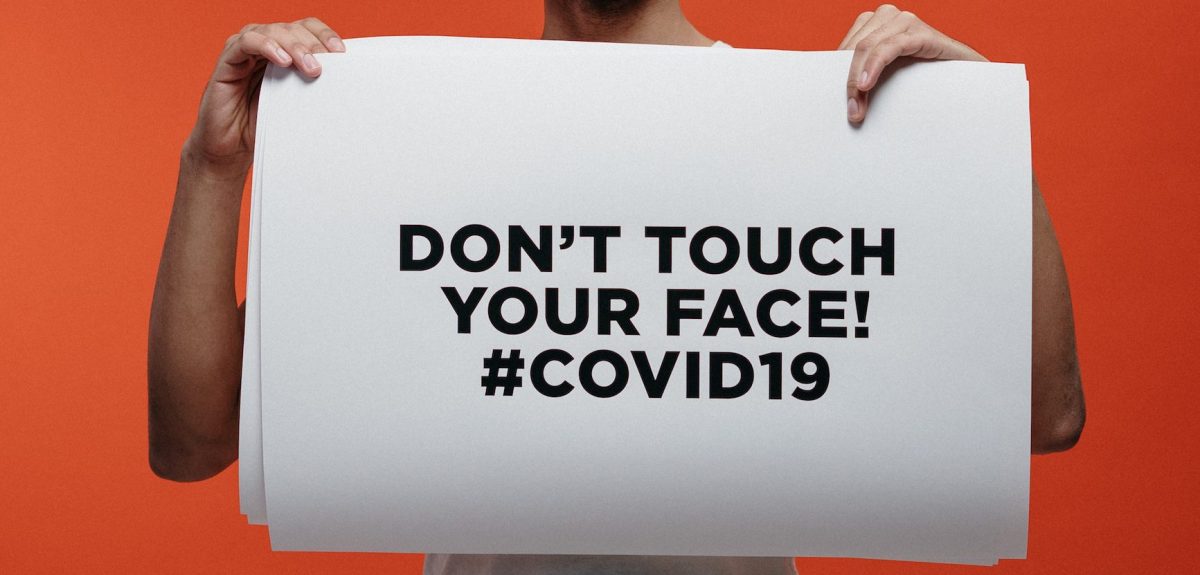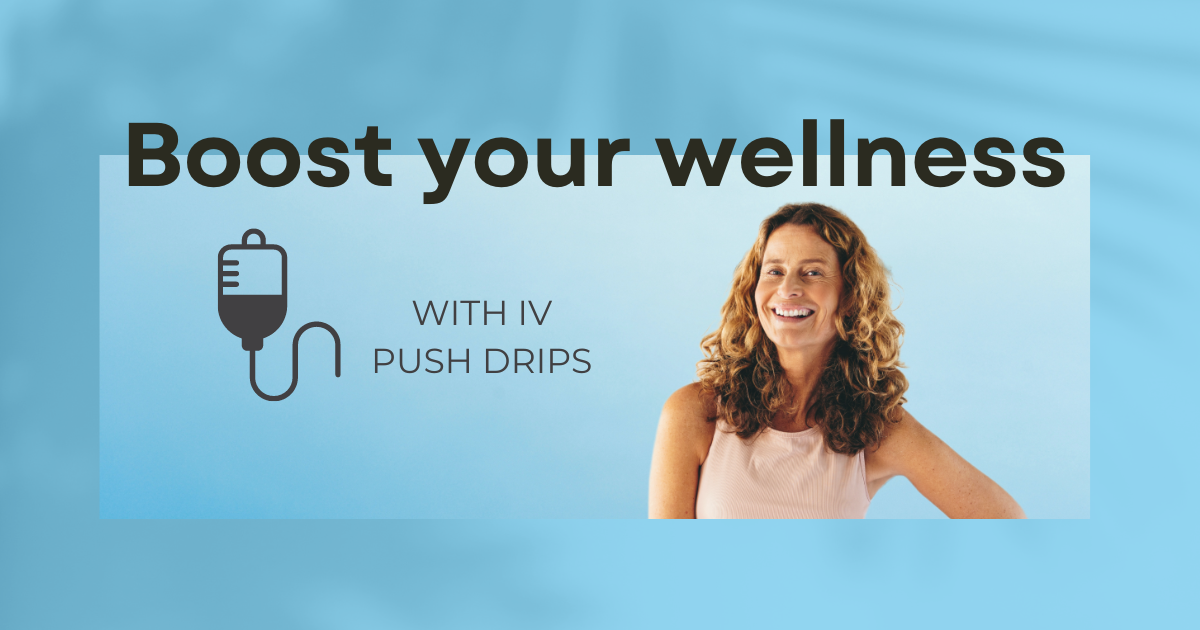With apologies to The Sound of Music
I was in our local hardware store this week buying some hand sanitizer when I got into a discussion with a lovely elderly woman. She was anxiously questioning from the back of the queue why there was only 35% and not 70% alcohol in the hand sanitizer product. As a neighbourly citizen, I felt compelled to tell her that I was impressed with her knowledge regarding 70% alcohol being able to kill the Coronavirus, but suggested that 70% alcohol could also, unfortunately, strip the immune defences on her skin. I cheerfully suggested that she should rather use soap and water on her hands for the full 30 seconds it takes to sing “Doe, a deer, a female deer…” and keep the alcohol to clean contaminated surfaces. At that, she looked at me as though I were an idiot and said: “But humans don’t have any immunity to this virus, so we must scrub our hands with 70% alcohol!”
So, on that note, I have decided that we should start at the very beginning, which as Mary Poppins once noted, “is a very good place to start!” Let’s look at the basics of Coronavirus prevention which as it turns out, is essential in our fight against Covid-19.
The Coronavirus (SARS CoV-2 virus) is indeed a novel virus. ‘Novel’ means that we have never before been exposed to this virus and our immune system has no knowledge of its weaknesses and no experience in fighting it. However, we do have some very good barriers to protect us from getting the virus in the first place. Our immune system is divided into two parts: the innate immunity and the adaptive immunity. Think of the innate immunity as the walls and ramparts of a castle, and the adaptive immunity as the soldiers that fight and defend the castle. The innate immunity is, therefore, an essential, solid defence line. In us, it is the barrier of our skin that blocks viruses from entering our body. It is the cells of the throat that block viruses entering the bloodstream. It is the mucous that washes these viruses away.
So, if we regularly use 70% alcohol on our hands, it will indeed kill any virus sitting on our skin at that moment, but at the same time, it will destroy the layers of cells on our hands that protect us from future viruses entering the body. Repeated use of alcohol can leave our hands raw, sensitive and can break down this first line of defence. If soap is used for 30 seconds it will break down the outer wall of a virus, rather like detergent breaks down fat in a pan. Soap won’t damage our skin and we can keep the 70% alcohol for its proper use of cleaning the handles and surfaces in our homes.
Another bad idea that I saw on social media is to use a hairdryer down the back of the throat to kill the Coronavirus. The logic is that the virus dies above 26C and so the heat of the hairdryer will kill any marauding bugs. The truth is that like the 70% alcohol, a hot hairdryer may kill some viruses, but will also damage many of the throat cells and destroy the innate immune system in the throat. Later that day, when someone coughs on you, it could result in viruses penetrating through your raw throat.
Likewise, for people living in cold climates – a constantly hot central heating system may kill viruses, but could similarly dry out your throat and sinuses leaving you vulnerable to infections the next time you are exposed to the virus.
Scientists who study viruses have a concept called ‘viral load’: if we touch a surface that has just a few Coronaviruses on it (a small viral load) then our innate defence system will be able to stop the viruses from entering our bodies. However, if an infected person sneezes all over us (a big viral load) then we are much more vulnerable to getting infected. We clearly want to avoid being exposed to a big viral load.
With this in mind, I have found that of all the basic health measures (keeping 2 meters apart, hand washing, not touching surfaces) stopping touching my face has been the hardest habit to break. One study showed that we touch our faces on average 23 times an hour! In that hour we could touch credit card machines, cash, metal railings, surfaces, a pen, a cell phone, cutlery, clothes, a laptop – any of which could have viruses on them. Putting our hands to our faces 23 times an hour leaves us vulnerable at some point to introducing a big viral load onto our skin and mouths.
If like me, you struggle with not touching your face then there are a couple of useful tips:
- Wear a facemask. This is not to prevent you from breathing in the virus so much as it is to stop you from touching your mouth. People are starting to make fashionable material masks that you can wear when you go out to the shop and could touch infected surfaces.
- Either cut your hair short or tie it back off your face. Pulling strands of hair off the face is the most common reason for people with long hair to touch their face.
Lastly, there is one great daily biohacking trick that we can all do to assess how well we have slept and how recovered our immune system is to take on the coming day. This is monitoring our Resting Heart Rate (RHR). Every morning when I awake, I measure my heart rate before I get up. If I am rested and healthy then this should be a low RHR. If I am tired from poor sleep or stress, then this could be a high RHR. After 7 days of doing this, I discovered that if my RHR is below 55 beats per minute then my system is strong and I am good to go. If it is trending upwards or sitting above 55 beats per minute, then I will take everything a bit easier for the day and allow my system to rest. Everybody is different and you need to monitor your own pulse for 7 days to assess your range of RHR.
As we move into lockdown, know that your body is an amazing machine and know that you have an excellent innate immune system to protect you from getting the Coronavirus. These basic steps of handwashing and not touching the face are central to making sure that you don’t get exposed to a big viral load.
It is useful to monitor your health on a daily basis and by measuring your RHR on awaking, you can decide how much you can do or how much you should rest in the coming day.
In the next newsletter, we will look at some of the exciting things available to boost our internal immune system with supplements, injections and intravenous drips.
Stay safe.
Dr. Duncan Carmichael
& Team IHA

